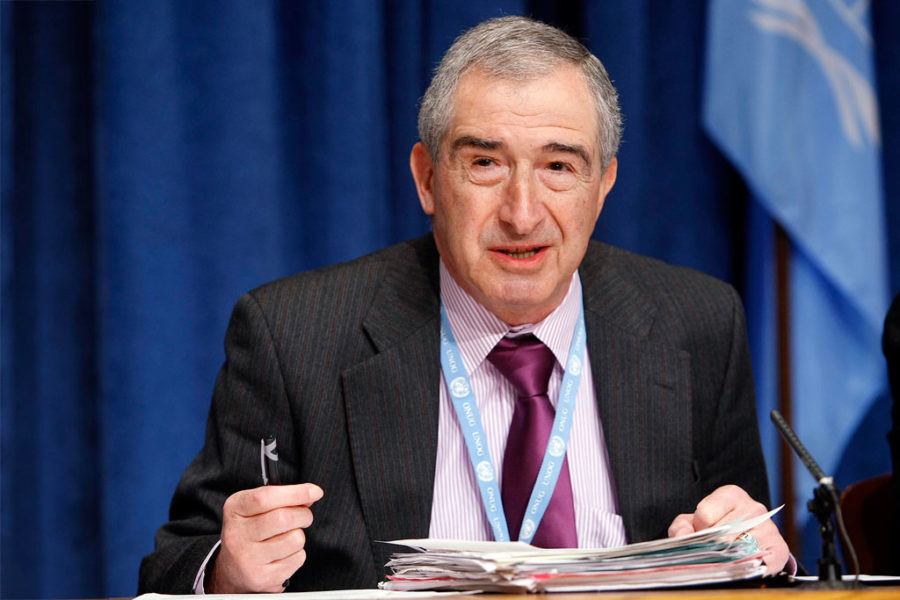22nd March 2017 London, UK
If you seek his monument, look around you

I seem to have reached an age when there will be funerals. My father’s last year was bittersweet, after a life so fully lived. A similar mixture of grief and celebration permeated the funeral last month of Sir Nigel Rodley, the most distinguished British human rights expert of his generation.
In these personal reflections I won’t repeat the accomplishments listed in his obituaries; or enumerate the many offices he held. He excelled in a bewildering variety of roles, while being – everyone agrees – a hugely likeable person.
Instead, I wanted simply to share the sense of privilege I feel at having known Nigel; and the comfort I took from the words he chose at the end.
It was a Jewish funeral. So there were Psalms. His endearing modesty rang through Psalm 23: “We are mortal and our days are as grass. We flourish like a flower in the field: the wind passes over it and it is gone”.
But Nigel’s legacy is very much still with us. “May our work have lasting value. O may the work of our hands endure”. Or, as one of the four speakers at Colchester Crematorium Chapel put it, evoking the memorial for Sir Christopher Wren: “If you seek his monument, look around you”. Nigel’s monument includes the international regime for the prevention of torture.
Looking around me, the chapel was overflowing. I and two FCO colleagues were standing in the aisle. The congregation was of all ages, creeds and nationalities – united by admiration for Nigel’s work, and determination to follow his example.